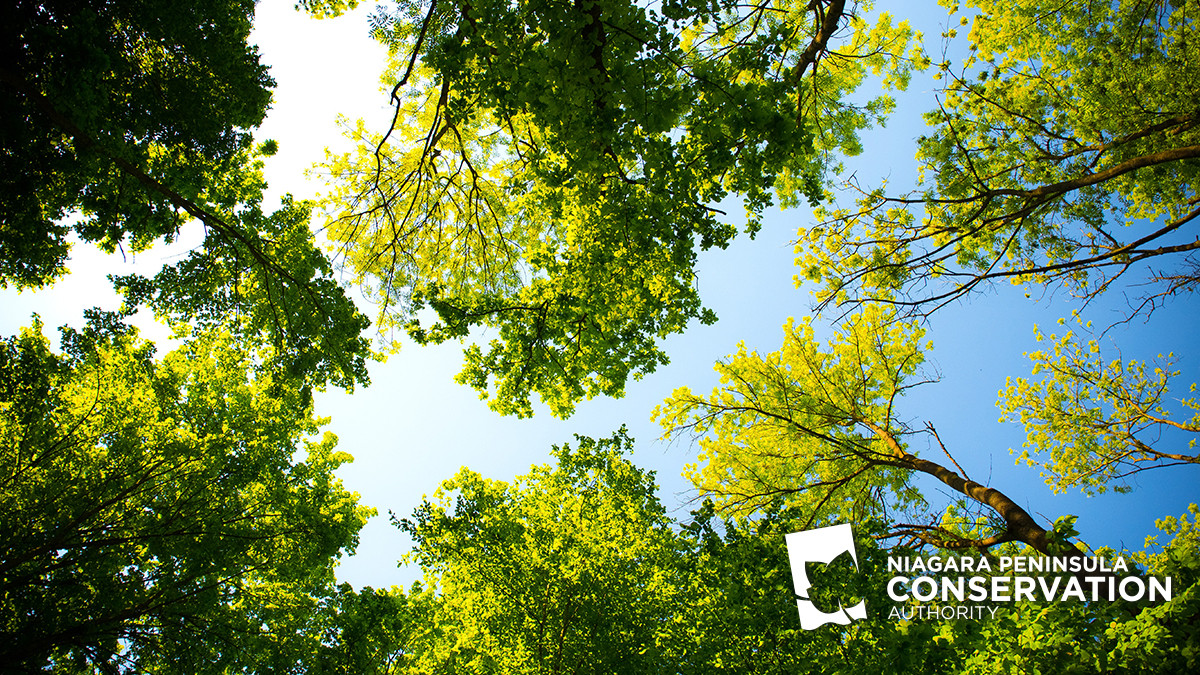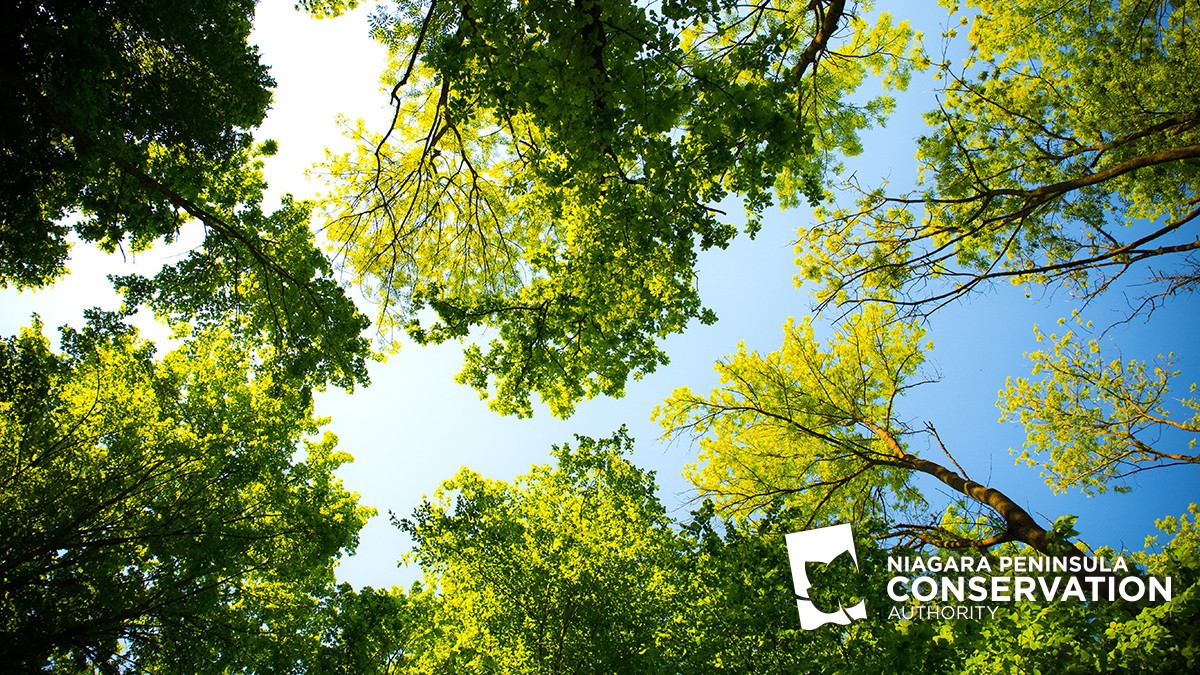The Niagara Peninsula Conservation Authority (NPCA) and Niagara Restoration Council (NRC) are pleased to announce that NRC has hired Ms. Jocelyn Baker to continue research on the Ramsar Designation for the Niagara River.
In the early part of the 19th Century, the Niagara River was considered the most degraded place in North America. Decades of cross-border remediation and collaboration between Canada and the United States have changed the ecological character of the Niagara River, from severely impaired to an ecosystem worthy of global recognition.
To acknowledge this achievement of a cleaner, healthier river, a community group is leading the process to have the Niagara River designated as a Ramsar Wetland of Importance.
“The Niagara River Corridor is one of the most ecologically diverse communities in North America,” says Ms. Jocelyn Baker, Ramsar Designation Project Manager. “I am excited to be a part of this collaboration, working with our community partners toward our shared goal of changing the narrative of the Niagara River, from historically degraded to globally celebrated.”
If successful, the Niagara River would be the first bi-national and transboundary Ramsar site in North and South America. This designation will heighten international awareness of the river’s global contribution to biodiversity and its role in building stronger, healthier and more resilient communities.
“The Niagara Restoration Council is overjoyed to be able to work with Ms. Baker— someone so well qualified, who has such a depth of understanding of the Niagara River and its natural features,” adds Dr. John Bacher, NRC Chair. “We hope that the speedy obtaining of a Ramsar designation will further attract positive attention to this great wonder of nature, which is a refuge for countless native species. As Chair of the Public Advisory Committee on the Niagara River Area of Concern, I am delighted to see how the overdue understanding of the significance of the Niagara River’s wetlands will help in getting the action needed to foster its ecological restoration.”
“Ms. Baker is a dedicated environmental professional with valuable experience on the complex issues related to the Niagara River,” said Gayle Wood, NPCA Interim CAO. “The NPCA is
pleased to be part of a partnership to recognize the Niagara River, as its restoration is a high priority.”
For more information about the Niagara Peninsula Conservation Authority, please visit www.npca.ca. Follow on Facebook and Twitter for updates.
—30—
About NPCA:
The NPCA manages the impact of human activities, urban growth, and rural activities on the Niagara Peninsula watershed with programs and services that help keep people and their property safe from flooding and erosion, while retaining the safety of our drinking water.
NPCA manages 41 Conservation Areas, including Ball’s Falls, Binbrook, Long Beach and Chippawa Creek. These lands are held in public trust for recreation, heritage preservation, conservation, and education. NPCA’s Conservation Areas marry nature, culture and adventure to create limitless opportunities for discovery.
About NRC:
The NRC is a non-profit, non-government environmental organization that runs “in the ground”, large-scale projects utilizing volunteers from all sectors of the Niagara community.
The Niagara Restoration Council is committed to the development and implementation of restoration, naturalization, and reforestation projects. In doing so, the NRC aims to encourage ecosystem improvement, environmental education and awareness.
Questions related to the above release should be directed to:
Erika Navarro
Communications Specialist
Mobile: 905-650-4027
enavarro@npca.ca

